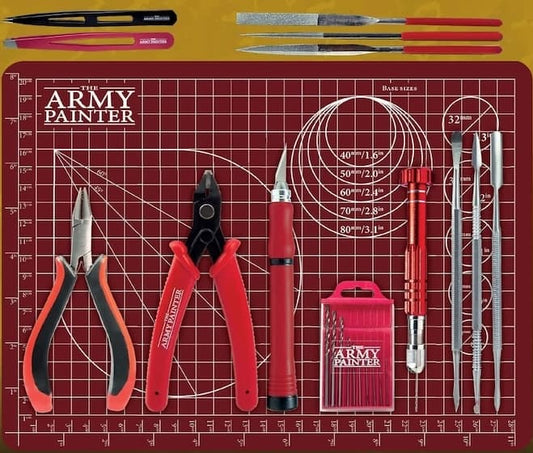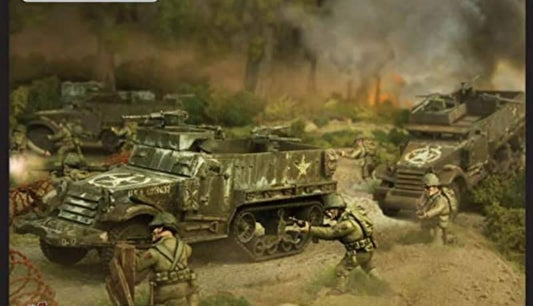When it comes to wargames, sometimes the best strategy is taking the unexpected path. Find out how wargame enthusiasts utilize underrated tactical maneuvers to gain a competitive advantage and win the battle.
The Fabian Strategy
The historically underrated Fabian Strategy could be an insightful addition to tabletop wargames. Named after the Roman general Fabius Maximus, known for his tactics against the powerful Hannibal. The strategy is essentially a war of attrition, gradually weakening the enemy rather than engaging in major battles.
Rightfully incorporating this strategy involves careful defensive positioning, the utilization of terrain advantages, and a good understanding of your own supply lines. While it's often overlooked in favor of more immediate and aggressive tactics, the Fabian Strategy can be a psychological game changer. The strategy can exact surmounting pressure on the opponent as they continuously fail to engage in a sizable or decisive battle, causing potential mistakes born out of frustration.
The intrinsic value this strategy offers is not just in the result, but in the journey as well. It demands patience, forethought, and tactical assessment of long-term gains over short-lived victories. Thus, the act of incorporating such a vivid historical element could heighten not just the competitive aspect but also the intellectual depth of tabletop wargames. Therefore, a proper understanding and application of the Fabian Strategy could truly alter the game dynamics, further nurturing strategic thinking and depth of gameplay.
The Feigned Retreat
One often underrated historical military tactic that holds immense potential in tabletop wargames is the feigned retreat. This stratagem involves luring an enemy into a false sense of confidence by appearing to retreat, enticing them to pursue aggressively. In tabletop games, this tactic can be a game-changer, allowing players to outmaneuver opponents strategically.
By employing the feigned retreat, players can create opportunities to ambush, flank, or surround their adversaries, turning the tide of battle in their favor. Its psychological aspect adds depth to gameplay, demanding foresight and tactical thinking. Incorporating this tactic can redefine strategies, offering a fresh perspective for gamers seeking innovative approaches and adding an element of surprise that could significantly impact the outcome of tabletop war simulations.
Cathy Diaz
The Unlikely Alliance
I believe the unlikely alliance is an underrated tactic. This can be finding the common ground in an unexpected way and pitching this convincingly to your opponent, and thereby becoming temporary allies until the battle is won.
A great example of this would be the Franco-Ottoman alliance. This was between two religiously opposed leaders that focused on common goals and maintained an alliance for over two centuries.
This is a crowdsourced article. Contributors' statements do not necessarily reflect the opinion of this website, other people, businesses, or other contributors.





